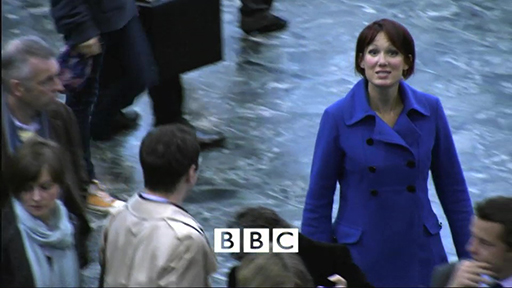2.1 ‘Homo interneticus’
The following video focuses on the changing nature of online relationships and introduces you to Dr Aleks Krotoski, who looks at how the internet is reshaping our lives and transforming how children think and relate to others. She talks to a range of individuals, including Professor Susan Greenfield and eminent clinical psychologist Sherry Turkle, and asks their views on social networks and children’s interactions.

Transcript: World Wide Web
The importance of the social and cultural environment to children’s development is universally accepted. Children thrive on forming connections with other people in their immediate social environments, and psychological theories have consistently reinforced the importance of children’s social and cultural environment in allowing them to communicate and interact successfully.
We know that social interactions and communication form an essential part of growing up. What do you think about the claims that experts are making about children’s use of social networks and social media? What effect are digital social networks having on our children’s relationships? Are social networking activities changing how children think, feel and communicate?
